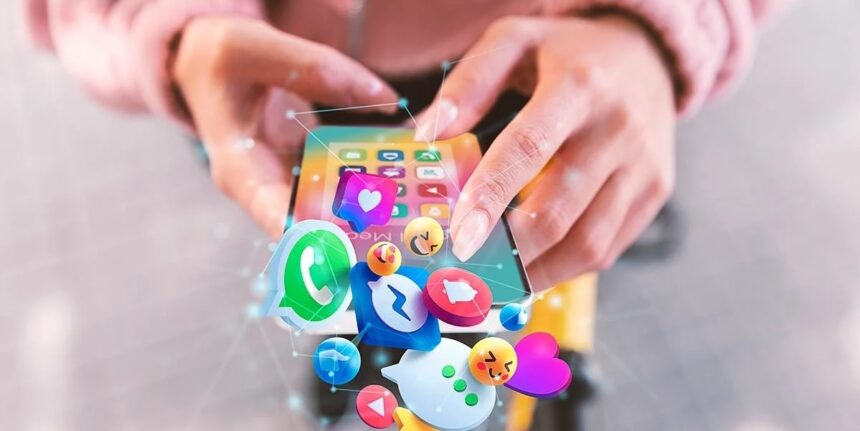A new report from UNESCO warns that while digital technologies can enhance teaching and learning, they also pose significant risks such as privacy violations, lack of classroom concentration, and cyberbullying. The report particularly highlights how social media reinforces gender stereotypes, leading to detrimental effects on the well-being, learning, and career choices of girls.UNESCO warns about the impact of social media on young girls.
« Children’s social interactions increasingly take place on social networks. But too often, algorithm-driven platforms amplify exposure to negative gender norms, » said Audrey Azoulay, Director-General of UNESCO. « Ethical considerations must be taken into account in the design of these platforms. Social networks should not confine women and girls to roles that limit their educational and professional aspirations. »
Social media has a detrimental effect on well-being and reinforces gender norms
Titled « Technology on Her Terms, » the report warns against algorithm-generated and image-based content, especially on social media, which exposes girls to sexual content or promotes unhealthy behaviors or unrealistic beauty standards. This exposure can have adverse effects on self-esteem and body image and impact the mental health and well-being of girls, crucial for their academic success.
The UNESCO report references Facebook’s research, which indicates that 32% of teenage girls say Instagram worsens their body image when they feel bad about themselves. It also highlights TikTok’s design, which makes the app addictive through short and engaging videos. This model of instant gratification can impact concentration and learning habits, making it harder to focus on studies or extracurricular activities.
Girls also suffer more from cyberbullying than boys. On average, in OECD countries with data on the subject, 12% of 15-year-old girls, compared to 8% of boys, reported being victims of cyberbullying. This situation worsens with the proliferation of image-based sexual content, « deepfakes » (fake photos or videos) generated by artificial intelligence, and self-generated sexual images circulating online and in classrooms. In several countries analyzed for the report, female students reported being exposed to images or videos without their consent.
The report highlights the need for increased investment in education, particularly in media and information literacy, and better regulation of digital platforms, following UNESCO’s principles for digital platform governance published in November 2023.
Negative gender stereotypes impact girls’ aspirations in STEM fields
All these factors form a vicious circle: girls face negative gender stereotypes, amplified by social media, which steer them away from studying science, technology, engineering, and mathematics (STEM), disciplines seen as reserved for men, thereby depriving them of the opportunity to contribute to the design of the tools that generate these stereotypes.
According to UNESCO data, globally, women represent only 35% of STEM graduates in higher education, a figure that has not changed in the past 10 years. The report shows that persistent biases deter women from pursuing careers in STEM, resulting in a lack of women in the technology world. Women hold less than 25% of positions in science, engineering, information, and communication technology fields. They represent only 26% of the workforce in data and artificial intelligence-related disciplines, 15% in engineering, and 12% in cloud computing in major global economies. Only 17% of patent applications worldwide are filed by women.
According to the report, digital transformation is primarily led by men. Although 68% of countries have implemented policies supporting education in STEM disciplines, only half of these policies specifically support girls and women. Policy measures should seek to promote models of success, including on social media, to encourage young women’s career orientation in STEM disciplines. This approach is essential to ensure that women participate, on an equal footing, in the digital transformation of our societies and in the design of truly inclusive technologies.
Source : UNESCO, press release of April 25, 2024.








